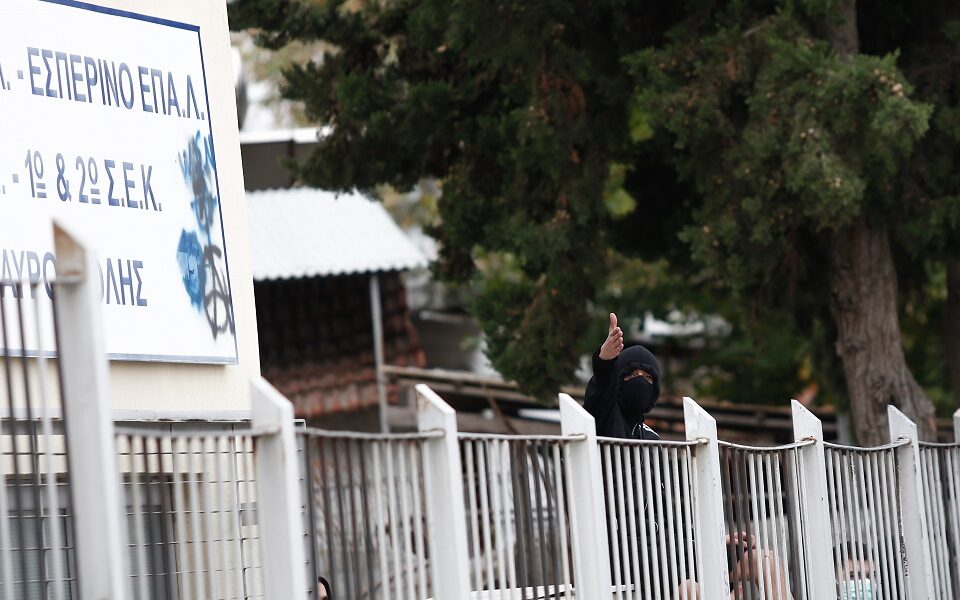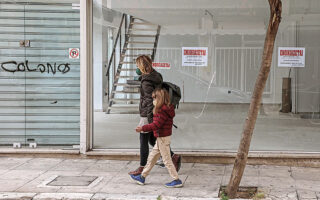Teen violence on the curriculum

The authorities and society have long lost the right to plead innocence and to dismiss as “isolated” all these incidents of teenage violence, all the bullying in an out of school, acts that capture the stereotypically “shocked” public’s attention for a few days every time they occur. There isn’t enough water in Pontius Pilate’s bowl for so many people who are directly or indirectly responsible for allowing this violence to wash their hands of the blame.
There are the parents who “don’t have the time” to properly look after their children and allow them to become prisoners of sundry screens (it is estimated that children in “developed” countries have seen around 36,000 murders by the age of 12) or who simply pretend that there is no problem by denying that their child may be responsible for causing another harm.
There are the teachers who are reluctant to come to terms with the fact that they job they are doing is incredibly important and needs to be treated as such, and the school administrators whose first reaction is to see what strings can be pulled to hush up an “unfortunate” incident and only then, perhaps, at some later date, to investigate it in full and take action.
There are the media outlets – paper and digital – that continue to dish out yellow journalism steeped in vulgarity and the various ministry officials who experiment with educational systems and school programs, though almost always for the sake of increasing competition and propagating the system of rote learning, without making any profound, meaningful changes.
Teen violence is nothing new. The extent of it is, though. According to figures from the Hellenic Police (ELAS), attacks inside schools have shot up 59%, while 15% of school pupils in Greece have been assaulted or bullied by peers. The fact that many of these incidents appear systematic and organized (especially by gangs or groups, whose attacks are far greater in number than individual assaults) is also new, as is the brutality of some these attacks, which apart from their physical impact also leave their victims with deep emotional scars.
Such acts of violence are like a rape of a child’s psyche, which is why victims so often have trouble speaking out. They are afraid of bringing even more trouble onto their heads, just like victims of sexual assault.
So far, though, teen violence does not seem to be on the pre-election agenda. Perhaps that’s best.





